Search the Special Collections and Archives Portal
Search Results
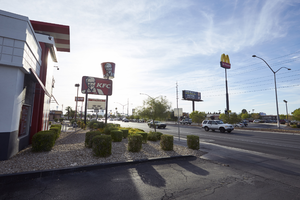
A Kentucy Fried Chicken (KFC) restauarant on West Sahara Avenue west of Arville Street looking east, Las Vegas, Nevada: digital photograph
Date
Archival Collection
Description
Image
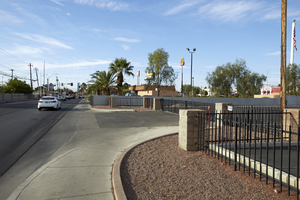
Sidewalks along Arville Street north of West Sahara Avenue, looking south, Las Vegas, Nevada: digital photograph
Date
Archival Collection
Description
Image

A Wendy's restauarant on West Sahara Avenue west of Arville Street looking southwest, Las Vegas, Nevada: digital photograph
Date
Archival Collection
Description
Image
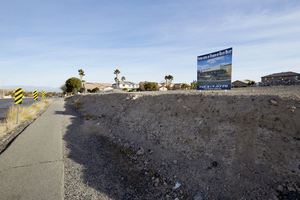
Photograph of Chabad of Green Valley future site, Henderson, Nevada, January 22, 2016
Date
Archival Collection
Description
Future site of the Chabad of Green Valley located on southeast corner of Kenneth Avenue and Carnegie Drive in Henderson, Nevada.
Image

Photograph of Chabad of Green Valley future site, Henderson, Nevada, January 22, 2016
Date
Archival Collection
Description
Future site of the Chabad of Green Valley located on southeast corner of Kenneth Avenue and Carnegie Drive in Henderson, Nevada.
Image
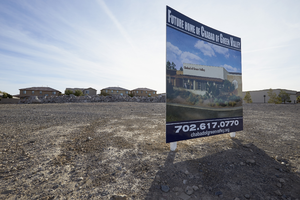
Photograph of Chabad of Green Valley future site, Henderson, Nevada, January 22, 2016
Date
Archival Collection
Description
Future site of the Chabad of Green Valley located on southeast corner of Kenneth Avenue and Carnegie Drive in Henderson, Nevada.
Image
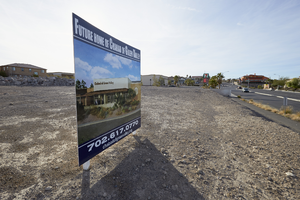
Photograph of Chabad of Green Valley future site, Henderson, Nevada, January 22, 2016
Date
Archival Collection
Description
Future site of the Chabad of Green Valley located on southeast corner of Kenneth Avenue and Carnegie Drive in Henderson, Nevada.
Image
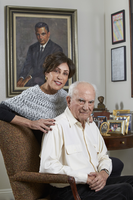
Photograph of Stan and Sandy Mallin at home, Las Vegas, Nevada, February 17, 2016
Date
Archival Collection
Description
Stan and Sandy Mallin photographed in their Summerlin home. The portrait pictured behind the couple is of a younger Stan.
Image
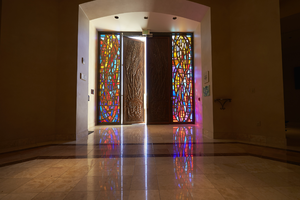
Photograph of doors and stained glass at Temple Beth Sholom, Las Vegas, Nevada, February 17, 2016
Date
Archival Collection
Description
The doors and stained glass work at Temple Beth Sholom's main entrance.
Image
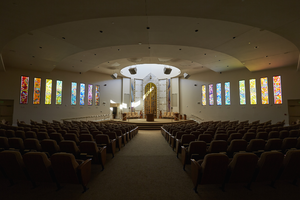
Photograph of Temple Beth Sholom Sanctuary, Las Vegas, Nevada, February 17, 2016
Date
Archival Collection
Description
Temple Beth Sholom's Sharon E. Sigesmund Sanctuary.
Image
